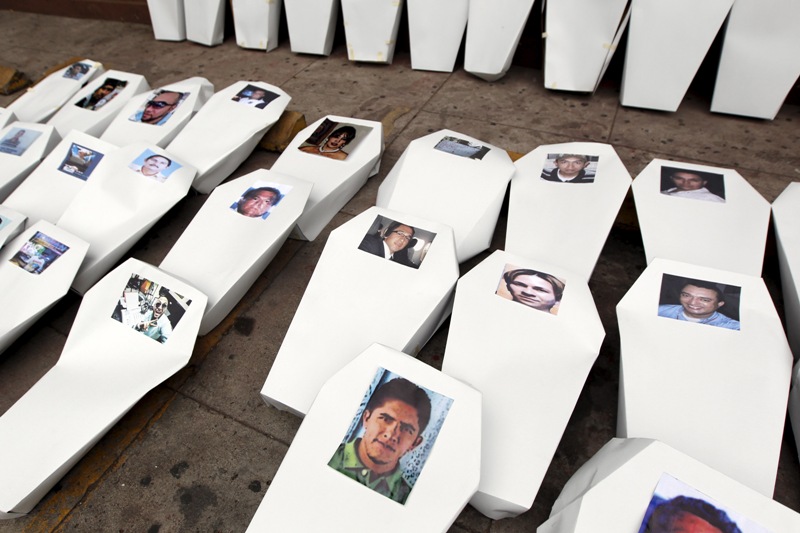The Honduran government must do more to bring journalists’ attackers to justice, the International Press Institute (IPI) said today, two days after a radio journalist survived two apparent attempts on his life in a single day in the country’s capital city of Tegucigalpa.
Radio journalist Felix Molina said that he was twice accosted by armed assailants while travelling by taxi on Monday. He was hospitalised with non-life-threatening injuries following the second incident, in which he was shot twice in each leg.
Just hours earlier, two youths had demanded his phone at gunpoint while he was in a taxi. Molina escaped injury, he said in a post on Facebook, when the taxi driver sped away after one attacker told the other to shoot.
Molina said that he thought the two attacks, coming on the same day, demonstrated that theft of his phone was not the true motive.
The journalist is an outspoken critic of the government that took control of Honduras in a 2009 military coup. Following the coup, his pro-democracy radio program Resistencias was one of the only sources of independent information amid a media blackout. Molina has also reportedly received multiple death threats.
Monday’s attacks on Molina occurred on the eve of World Press Freedom Day, which recognises threats to freedom of the press and information, and promotes journalists’ safety around the world.
IPI Director of Advocacy and Communications Steven M. Ellis said that the incidents illustrated “a bleak atmosphere for journalists in Honduras”.
He explained: “We are grateful that Mr. Molina survived and will be able to continue working, but far too many of his colleagues in recent years are not so fortunate. Many of them had been critics of the government and in the vast majority of cases the killers remain free. We urge Honduras’ government to take seriously its responsibility to fully investigate attacks on journalists – in this case and in all others – and to end this ongoing violence.”
According to IPI’s Death Watch, at least 29 journalists have died in Honduras in connection with their work since 2009. One of the deadliest years was 2010, when IPI added the names of 10 journalists, all shot dead.
The number of deaths dipped slightly in following years, although no year went without at least two journalists killed in connection with their work until 2015, when at least eight journalists were murdered. Little progress in investigating those deaths has been reported and it remains unclear whether the journalists were targeted due to their profession.
